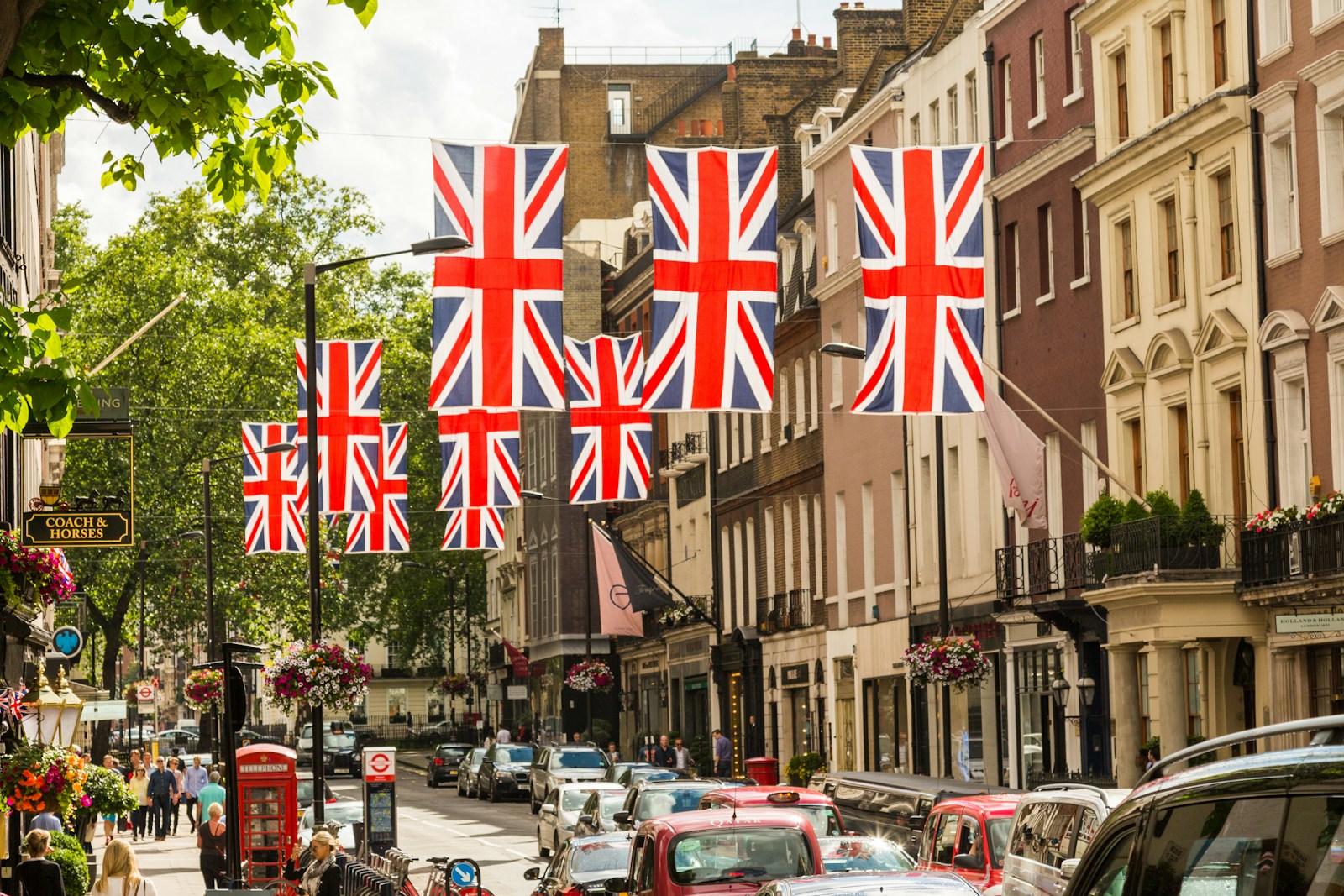
Understanding the Regions: Scousers vs. Geordies
If you’ve ever taken a stroll down the cobbled streets of Liverpool or visited the vibrant city of Newcastle upon Tyne, you might have noticed that the locals have a way of speaking that sets them apart. The unique accents and dialects of these two cities are not just markers of regional identity; they are rich with history and cultural significance. In this guide, we’ll explore the characteristics that make Scouse and Geordie accents distinct, helping you identify which is which, and maybe even impress a few locals along the way!
The Roots of Scouse
Let’s kick things off with the Scouse accent, which hails from Liverpool. The term “Scouse” comes from the word “lobscouse,” a type of stew sailors would eat. Over time, the word became synonymous with the people of Liverpool, and naturally, their accent.
Key Features of a Scouse Accent
- Vowel Sounds: One of the most distinctive features of Scouse is the way vowels are pronounced. The short ‘u’ sound often sounds more like ‘oo’. For example, ‘bus’ might be pronounced more like ‘boos’.
-
Intonation and Rhythm: Scouse has a unique musicality to it. The accent often features a rise and fall in pitch that gives it a sing-song quality. This can make it sound a bit more expressive and lively compared to other accents.
-
Diphthongs: A diphthong is a sound that begins as one vowel sound and glides into another within the same syllable. In Scouse, you might notice that the diphthongs have a tighter, sharper quality. For example, the word ‘face’ can sound like ‘feess’.
-
Consonants: Scousers can be quite liberal with their consonants. The ‘t’ sound is often dropped, particularly in the middle of words. So, ‘football’ might sound like ‘fooball’.
-
Vocabulary: Liverpool has a rich slang vocabulary that reflects its maritime history and multicultural influences. Words like “la” (meaning mate) and “boss” (meaning great) are commonly peppered throughout conversations.
The Essence of Geordie
Now, let’s shift gears and delve into the Geordie accent, which is native to Newcastle and its surrounding areas. The term “Geordie” can be traced back to the 18th century and was originally used to refer to coal miners from the region.
Key Features of a Geordie Accent
- Vowel Sounds: Geordies have their own unique twist on vowel sounds as well. The short ‘u’ in words like “bus” tends to sound quite distinct, often pronounced as ‘buhs’ rather than ‘boos’.
-
Intonation: Geordie accents can also have a sing-song quality, but with a different musical pattern compared to Scouse. The intonation tends to be more even, with fewer dramatic rises and falls.
-
Consonants: One notable aspect of Geordie is the hard ‘g’ sound at the end of words. For example, ‘going’ is often pronounced as ‘gawn’. The ‘r’ sound is also more pronounced, adding to the rich quality of the accent.
-
Diphthongs: Geordies tend to diphthongize vowels, especially ‘ai’ and ‘ou’ sounds. So, “house” might sound like “hoose,” and “time” could come out as “tahm.”
-
Local Vocabulary: Geordie slang is also vibrant and often includes terms that may leave outsiders scratching their heads. Words like “pet” (friend), “canny” (nice), and “bairn” (child) are commonplace.
Notable Differences: Scouse vs. Geordie
Pronunciation
While both accents have their quirks, the way vowels are pronounced is perhaps the most noticeable difference. Scouse features a more varied pronunciation of vowels, while Geordie has a more straightforward approach. The way consonants are articulated also diverges significantly; the dropped ‘t’ in Scouse contrasts sharply with Geordie’s distinct ‘g’ sounds.
Vocabulary Distinctions
The slang and colloquialisms also paint a colorful picture of the local culture. A Scouser might refer to their friends as “la,” while a Geordie would likely use “pet.” The cultural influences of each city can be seen in these words and phrases, reflecting the different histories and social contexts that shaped them.
Intonation Patterns
Differing intonation patterns in the two accents can affect the way emotions are conveyed. Scousers often inflect their tones dramatically, making their speech sound lively and engaging. In contrast, Geordies have a more level intonation, which can give their speech a friendly, straightforward quality.
How to Spot the Differences in Real Life
Now that you’ve got the basics down, how can you put this knowledge to use in real life? Let’s explore some scenarios where you might encounter these accents.
Listening in Conversations
When chatting with someone from Liverpool, pay attention to how they pronounce certain vowels and the rhythmic quality of their speech. If you catch them using words like “boss” and “la,” you’re definitely talking to a Scouser.
On the flip side, if you’re conversing with someone from Newcastle, notice the hard ‘g’ sounds and the use of terms like “canny” or “bairn.” If they refer to their friends as “pet,” you can confidently identify them as a Geordie.
Watching TV and Movies
British television is a treasure trove of regional accents. Shows like “Liverpudlian” series such as “The Royle Family” or “Bread” are fantastic for hearing Scouse in its natural habitat. For Geordie, check out “Geordie Shore,” which offers a lively showcase of the accent and local slang.
Engaging with Locals
If you find yourself in either city, don’t hesitate to strike up a conversation! Asking locals about their favorite hangout spots or their opinions on the local football teams can lead to some enlightening interactions. Just remember that using the correct terms and inflections can go a long way in winning their hearts.
Conclusion: Embracing the Diversity of Accents
Understanding the differences between Scouse and Geordie accents is not just about identifying where someone is from; it’s about appreciating the rich tapestry of culture, history, and community that these accents embody. Each accent tells a story, reflecting the unique experiences of those who call their respective cities home.
So next time you hear a Scouser or a Geordie speaking, take a moment to listen closely. You might just discover a world of meaning embedded in their words, and who knows? You might even find yourself picking up a few phrases along the way! Whether you’re in Liverpool or Newcastle, engaging with locals and immersing yourself in their accents will surely enhance your experience and deepen your connection to this vibrant corner of the UK.

